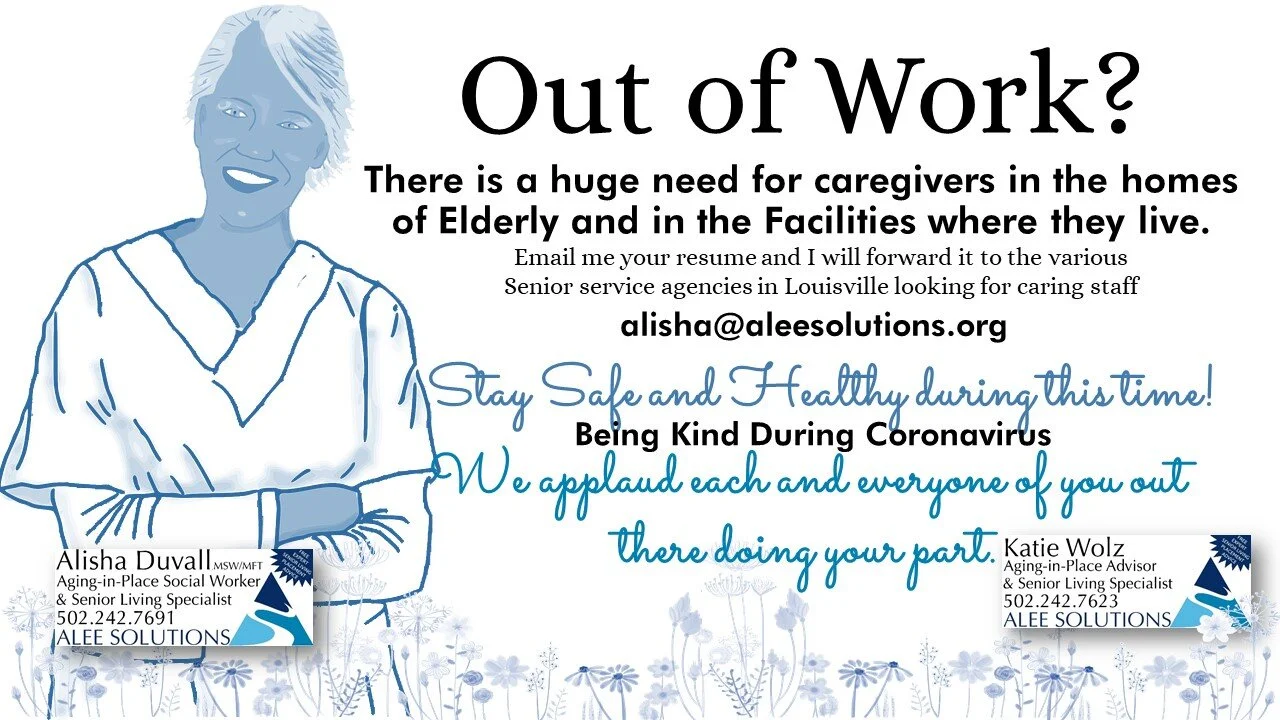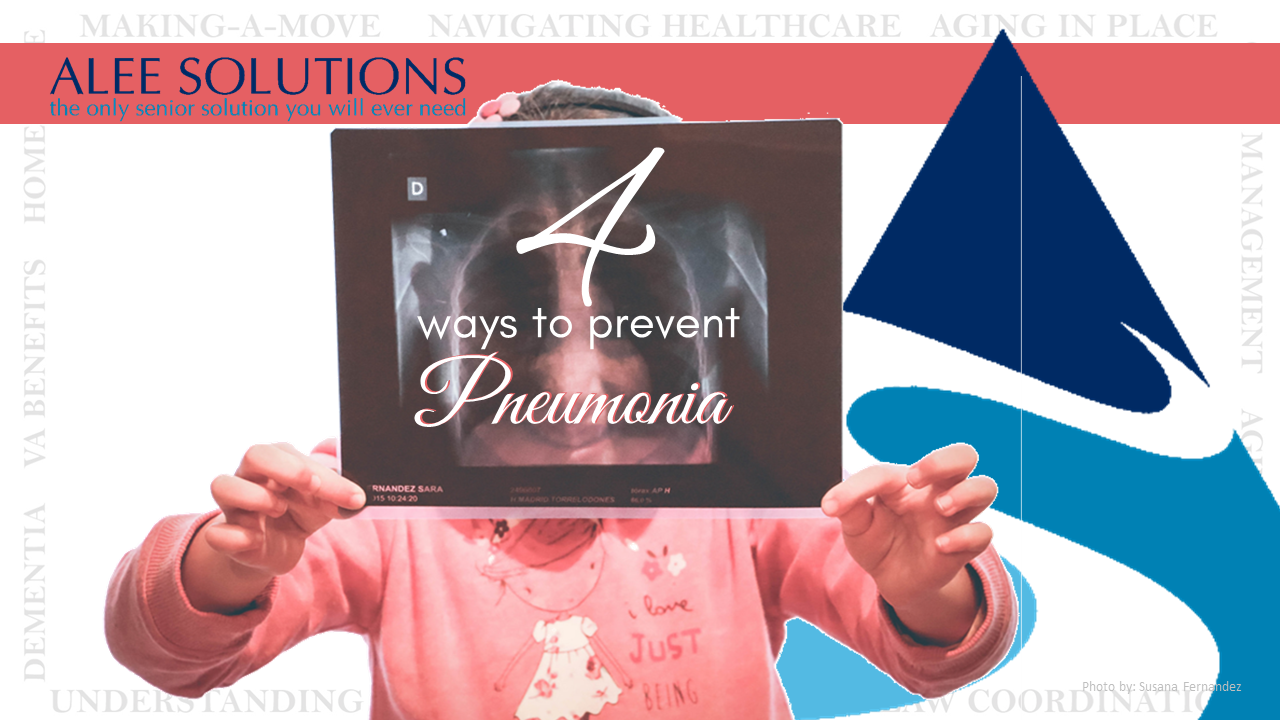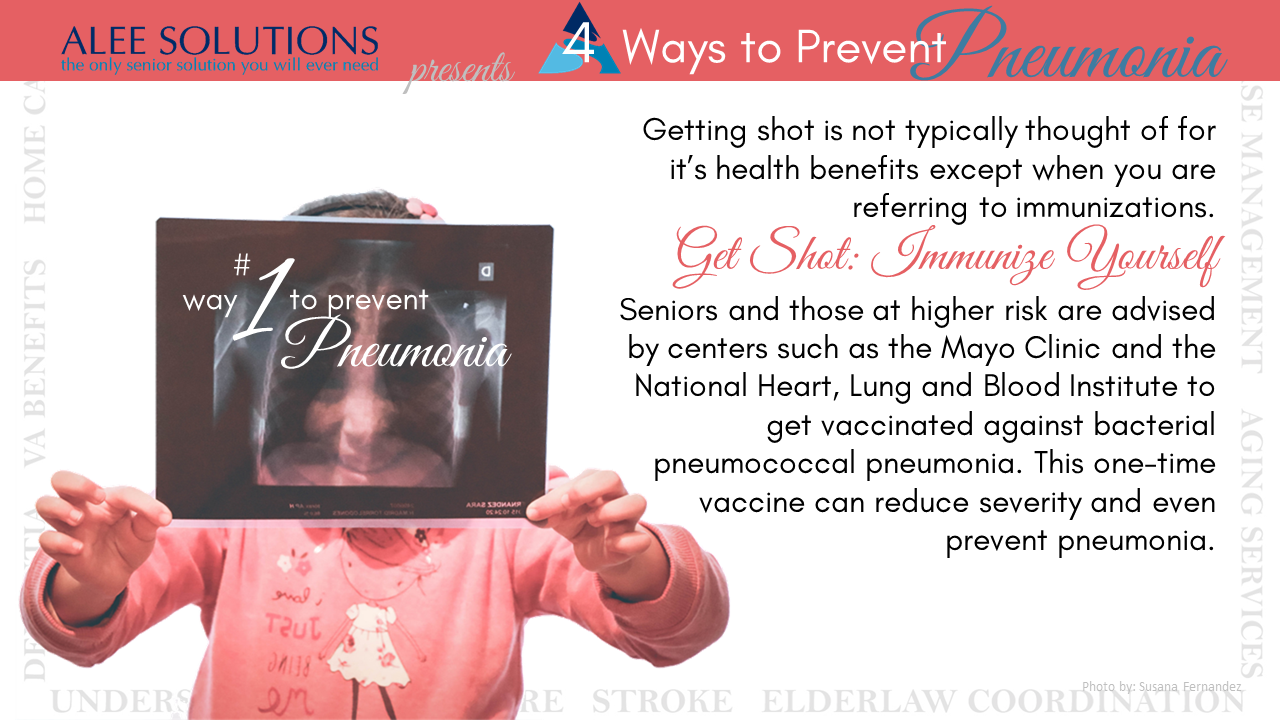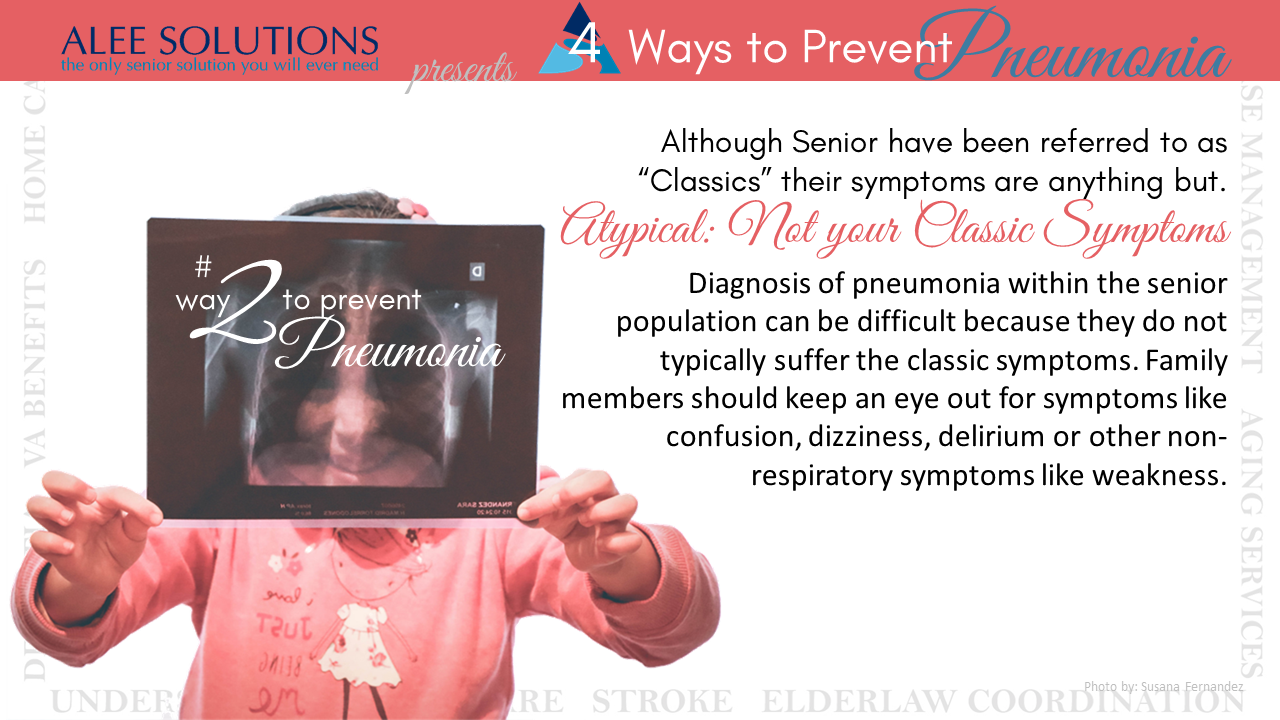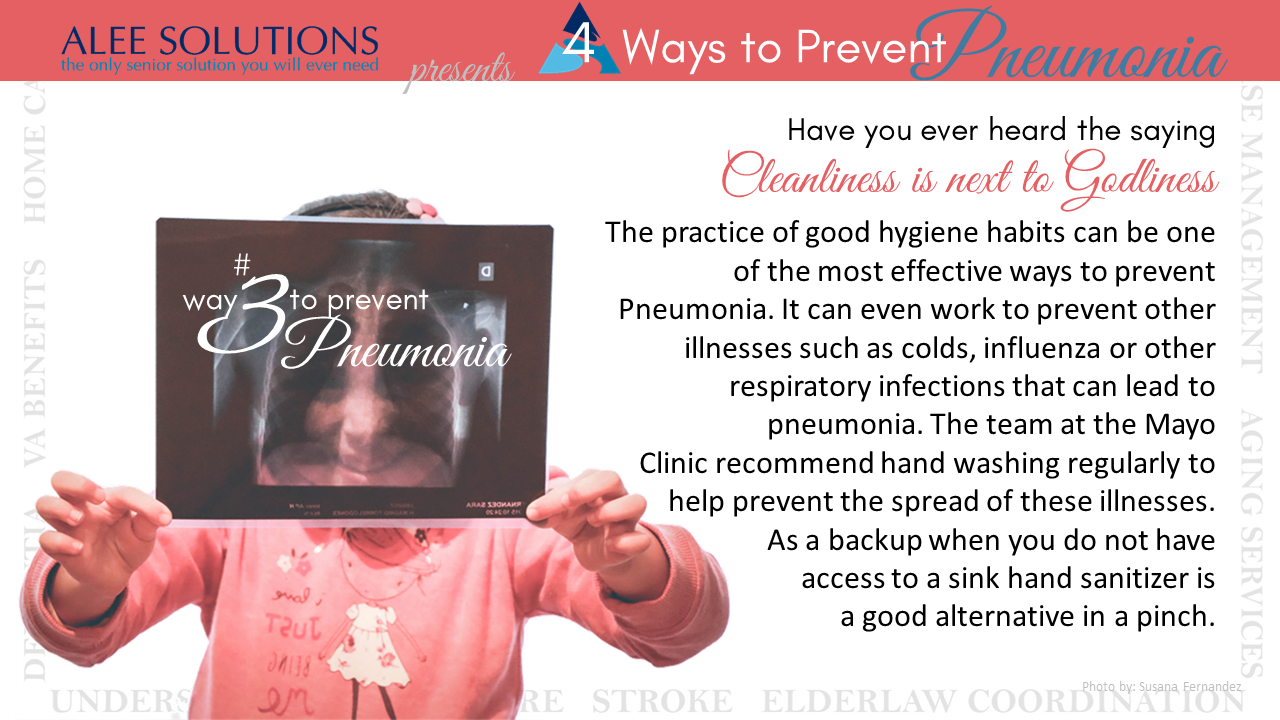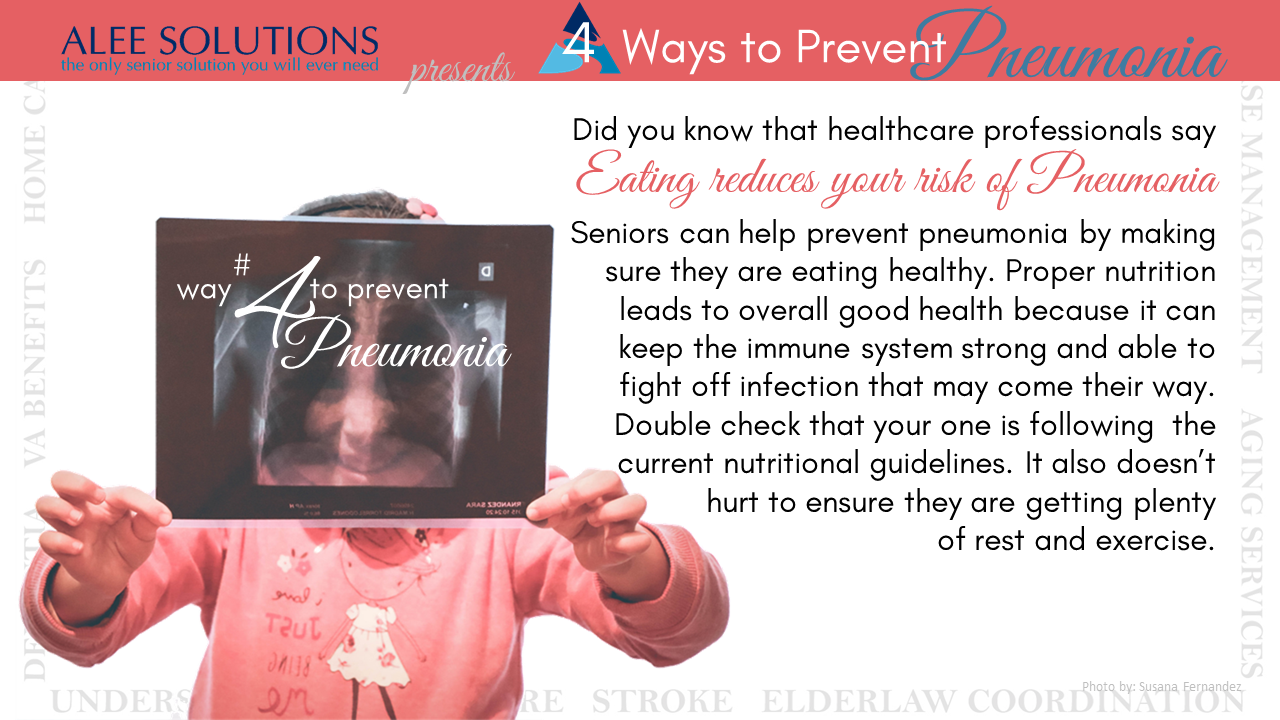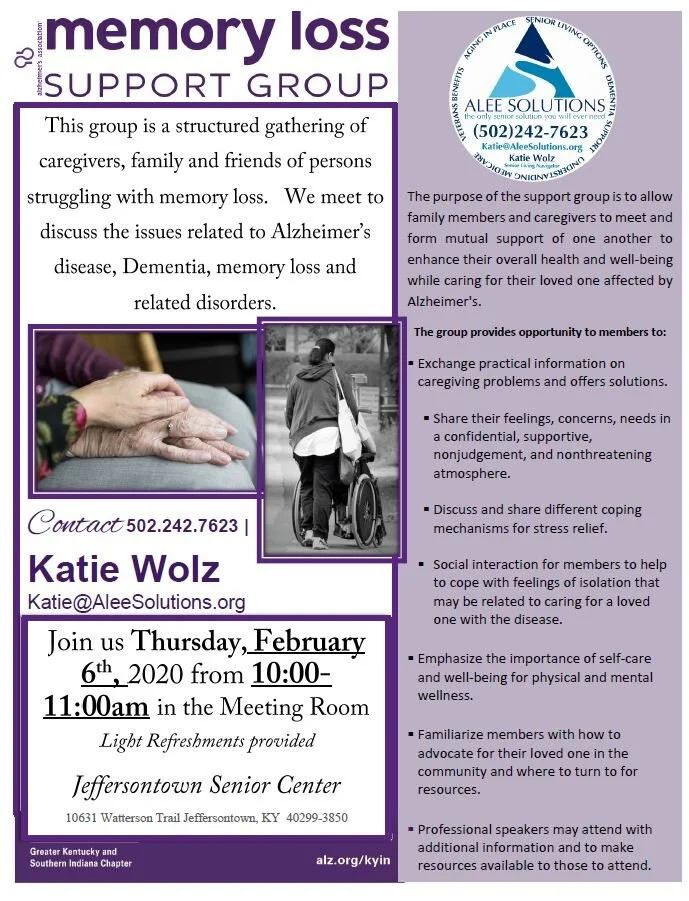“I’m hoping that this post finds you and your loved ones well under our current difficult circumstances. My heart goes out to those of you who have family members, friends or clients who are sick.
Below is a roundup of over 50 free resources that may be of help to you as a social worker, mental health professional and/or social work educator during the COVID-19 pandemic.
These include free on demand trainings (some of which offer free CEUs), resources to assist with hospice and palliative care, protecting immigrant families, and several social work and higher education specific resources.
In addition to these resources, I have compiled 30 free self-care tools such as meditations and workouts, and 50 more resources to help you serve your clients and educate/entertain your children. As soon as those articles are live, I’ll update this post with their links.
Free trainings
The American Red Cross is offering a free 2 day live webinar on Psychological First Aid: Helping Others in Times of Stress on April 13 and 14th from 1-3PM EST. It will provide 4 CEUs for behavioral health providers.
Central Ohio EMDR Connection is offering a free replay of the 2 hour webinar: Ethics of EMDR Therapy and Telehealth During COVID-19.
Clearly Clinical is offering two 1 hour on-demand courses (each 1 CE): Making Sense of the Pandemic: Psychological Impact on Clients and Communities and Swiftly Transitioning to Online Therapy, Legally, Ethically, and Efficiently.
The Center for Financial Social Work is providing a 1 hour (1 CE) webinar Coping with the Financial Reality of COVID-19 on April 9 at 2PM EST.
The Center for Practice Transformation (University of Minnesota) is offering a 1 hour (1 CE) webinar Telehealth Delivery Training for Mental Health and Substance Use Providers on April 3 at 1PM EST.
The Coalition on Human Needs is offering a webinar: Congress and COVID-19: What Has Passed and What Comes Next on April 3 at 2-3:30PM EST. “The legislation enacted so far takes some important steps towards protecting people and shoring up the economy. But it does not do enough, and Congress will have to return to ensure that the people most in need get adequate help.”
Daryl Chow, PhD is making The First Kiss: Undoing The Intake Model and Igniting Engagement From the First Session in Psychotherapy, audiobook available until Sunday, APRIL 12th, 2020, for FREE! Enter promo code: safeapril. Many clients take the first step to see a psychotherapist and do not return after the first session. By following the concepts in this book, you will also develop a perennial framework to sustain your lifelong development plan in improving your first sessions and beyond.
Deany Laliotis, LICSW is live streaming Therapy in a Time of Turmoil on April 3, 2020 at 12PM EST addressing questions about working with clients in these challenging new circumstances, and How do I help clients when I’m as unsettled and frightened as they are? How will I cope if one of my clients contracts the coronavirus? What if I do?
Dr. Raja Selvam is offering a free 1.5 hour webinar on April 5, 2020 at 12:30PM EST titled Working with your clients and yourself during the Coronavirus pandemic.
McSilver Institute is providing a webinar Supporting Families Affected by COVID-19 Pandemic on April 2 at 12PM EST, addressing the ways in which infants, toddlers and preschoolers are affected when their usual routines are disrupted and their ability to manage stress and stay regulated are compromised. It is also offering a webinar Identifying and Assisting the Most Vulnerable and Socially Isolated Adults Struggling with Behavioral Health Problems on April 2 at 2PM EST.
Northeast & Caribbean ATTC is offering a 2 part webinar Part 1: De-Escalation: Basic Tools for Social Workers on April 13 at 12-1:30PM EST and Part 2 on April 27 at 12-1:30PM EST.
PESI is offering a free 12.5 Telehealth course for mental health providers that usually costs $440. To get this 2 day course for free, enter the code TELEFREE in the discount code field.
Roy Kiessling presents EMDR Telehealth Hints (free on demand 50 minute video).
SocialWork.Career provides monthly roundups of free webinars for social workers and mental health providers.
Southern New Hampshire University is offering Free Online Resources for Educators, Frontline Workers, and the Public in Response to COVID-19 Pandemic – including a full set of free resources for educators to use as they transition to online instruction, free trainings for frontline workers who do not have the option to work from home and need guidance on how to work safely while mitigating the spread of COVID-19.
The NYU McSilver Institute for Poverty Policy and Researchand the Community Technical Assistance Center of New York (CTAC) is providing various COVID-19 Training Resources including a replay of Best Practices for Mental Health that focuses on telehealth as a response to COVID-19.
The Personal Transformation Institute is offering a free virtual EMDR training to help clinicians with doing virtual EMDR with their clients. (Please note that EMDR should only be practiced by trained/certified EMDR practitioners.)
Hospice and Palliative Care [Social Media Hashtags to follow: #PalliativeCare #pallicovid #palliatecoronavirus #highriskcovid]
Grieving in Exceptional Times – The Irish Hospice Foundation notes how the Covid-19 pandemic has changed the traditional ways we mark our grief, and shares different ways that can support ourselves and each other.
How to talk about some difficult topics related to COVID-19 from VitalTalk.
Maintaining the “Palliativeness” During Video Visits – 16 minute video from MGH Psychiatry.
Specific phrases & word choices that can be helpful when speaking with patients/families during COVID19 – resource for hospice and palliative care.
The Palliative Care Social Workers group has put together a handbook of Good Practices for Social Work COVID-19. This is a working document of the National Palliative Care Commission of Portugal and the Social Work task-force of the Portuguese Palliative Care Association.
The Social Work Hospice and Palliative Care Network has put together Resources for Hospice and Palliative Care Social Work Professionals including topics such as respecting choices, serious illness conversations, and a six-step protocol for delivering bad news.
COVID-19 Palliative Resources -from the Worldwide Hospice Palliative Care Alliance continually updated.
Serving Immigrant Families
Covid19 resources for undocumented communities
National Immigration Law Center – Update on Access to Health Care for Immigrants and Their Families
Protecting Immigrant Families – Factsheet: Know Your Rights, Protect Your Health
Protecting Immigrant Families – Talking Points: Coronavirus
Serving Communities with Special Needs
Social Work/Higher Education Resources [Social Media Hashtags to follow: #swCOVID19 #SocWorkEd #swtech #MacroSW #socialwork]
COVID-19 Resources and Updates for Social Workers from the National Association of Social Workers (NASW).
COVID-19: Can you practice teletherapy across state lines? The Shrink Space blog has created a chart summarizing the emergency changes (temporary) made to out-of-state licensure requirements.
Ethical Exceptions for Social Workers in Light of the #COVID19 Pandemic and Physical Distancing from the New Social Worker Magazine.
The 1 minute film “MASK,” produced by two Fordjam students, Yang Xu, FCLC ’21, and Mengxuan Annie Du, FCLC ’20, captures the impact of the stigma surrounding the COVID-19 pandemic within a private phone call between an Asian mother and daughter who live on opposite sides of the world.
Digital divide resources during the pandemic from Nten…around 60 million Americans lack access to the internet. A tool to understand the level of connectivity in your community is the Digital Divide Index.
Expert Faculty Tips and Guidance from the USC Suzanne Dworak-Peck School of Social Work.
Field education alternatives and tech tools for teaching social work online
In this 5 minute Face COVID animation, Dr Russ Harris, illustrates how to use ACT (Acceptance and Commitment Therapy) to deal with the Corona crisis and the fear, anxiety and worry that goes with it.
A Futures Lens for Covid-19 – Resources for Social Workers, Change Agents, Educators and the Helping Professions – Social Work Futures has gathered resources to support student learning.
Leading in a Time of Crisis: Technology Resources for Right Now – a replay of this special webinar offered by theGrand Challenge for Social Work’s Harness Technology for Social Good network and a copy of the slides are available to provide leaders in social work education information about resources they can give to educators, field faculty, and service providers who are using technology.
New Field Guidelines from CSWE Due to the Pandemic – students who have completed 85% of their required placement hours (i.e., 340 hours for baccalaureate and 765 hours for master’s) to a satisfactory level may, at program discretion, be evaluated as having met their program’s requirements.
A Practical Beginner’s Guide to Digital Collaboration: for communities and citizens first using these tools to coordinate activity and organize.
Quarantine: infection prevention, but at what cost for mental health? – from The Mental Elf. Strategies to reduce negative impact on mental health include: Providing people with as much information as possible, providing adequate supplies and promoting altruism over compulsion in maintaining quarantine.
Self-Care Starter Kit℠ exercises/worksheet from the University of Buffalo School of Social Work
Social Work Assignments related to increasing digital competence in the context of traditional social work curriculum, by Laurel Iverson Hitchcock, Melanie Sage and Nancy J. Smyth. These may be helpful when you are thinking about how to revise assignments to incorporate technology.
When the COVID-19 Pandemic Leaves Clients Feeling Helpless – Bessel van der Kolk, MD provides a few ideas to help clients regain a sense of agency during the pandemic in a brief video from NICABM.
A series of posts to help social workers and social work educators build a professional learning (or collaboration) network (co-authored by self and others):
What is a Professional Collaboration Network (PCN) & why do you need one?
Twitter for your Professional Collaboration Network (PCN)
How do you do relational Twitter?: Developing your Professional Collaboration Network
Using Twitter at a Professional Conference
Heard of additional COVID-19 resources? Please share in the comments section.
Like this post? Please share it!” per Dorlee on her post titled COVID-19 Resources for Social Workers and Therapists. You can visit the website by clicking : https://www.socialwork.career/2020/03/covid-19-resources-social-workers-therapists.html?fbclid=IwAR1YTOP2uK4Ve8qLi1L1qSzUIV1p4bV3Ri3MuT7KITNQKIbvV6Dt-56VZ6M
Filed Under: Education and Training, General, Resources Tagged With: COVID-19 Resources, Palliative care; Hospice; EMDR











